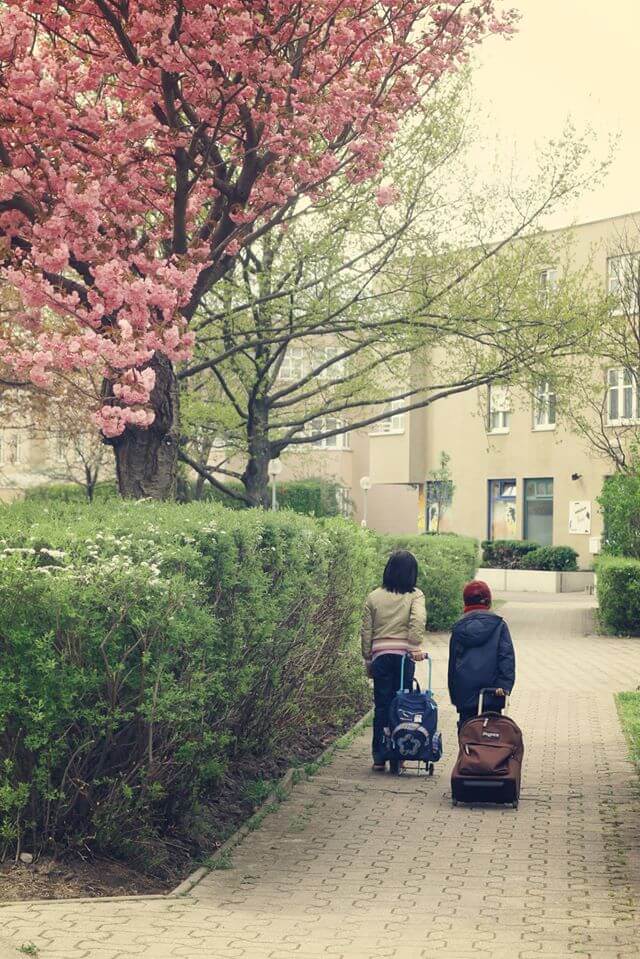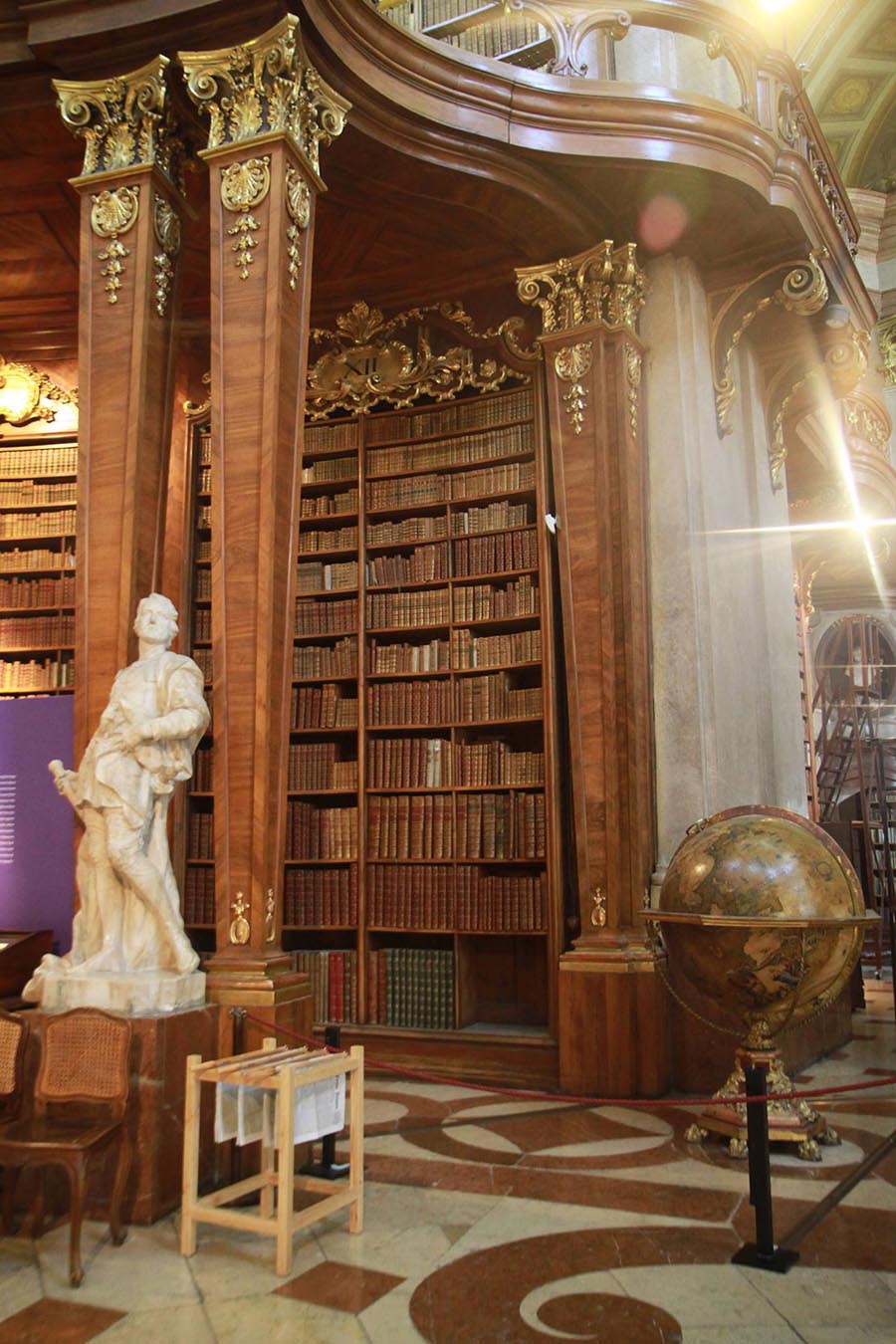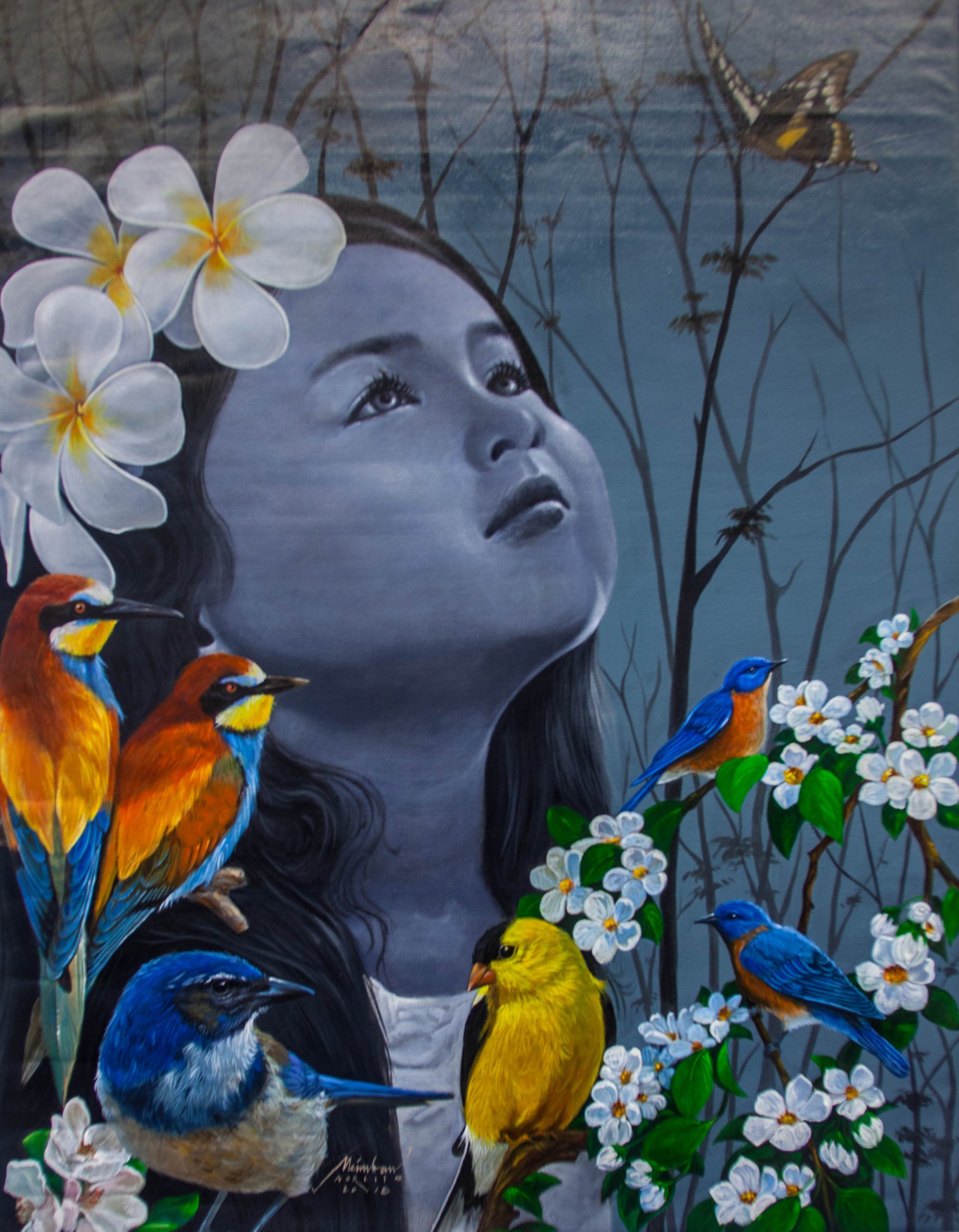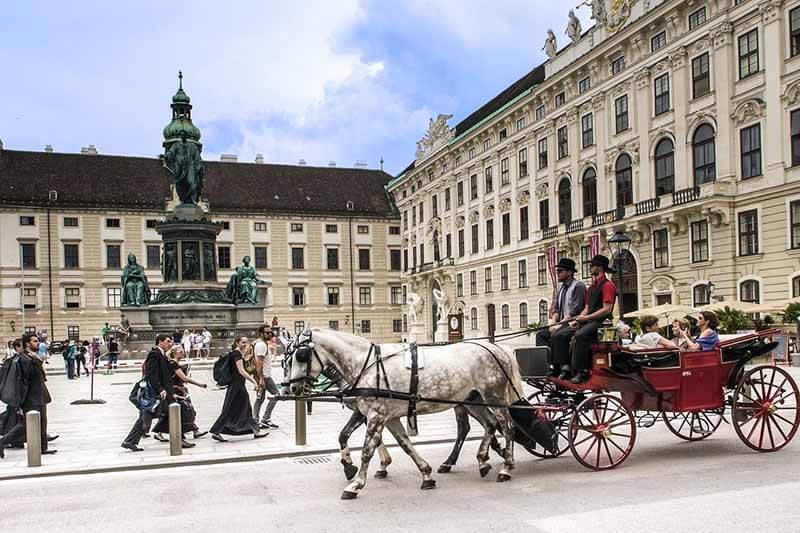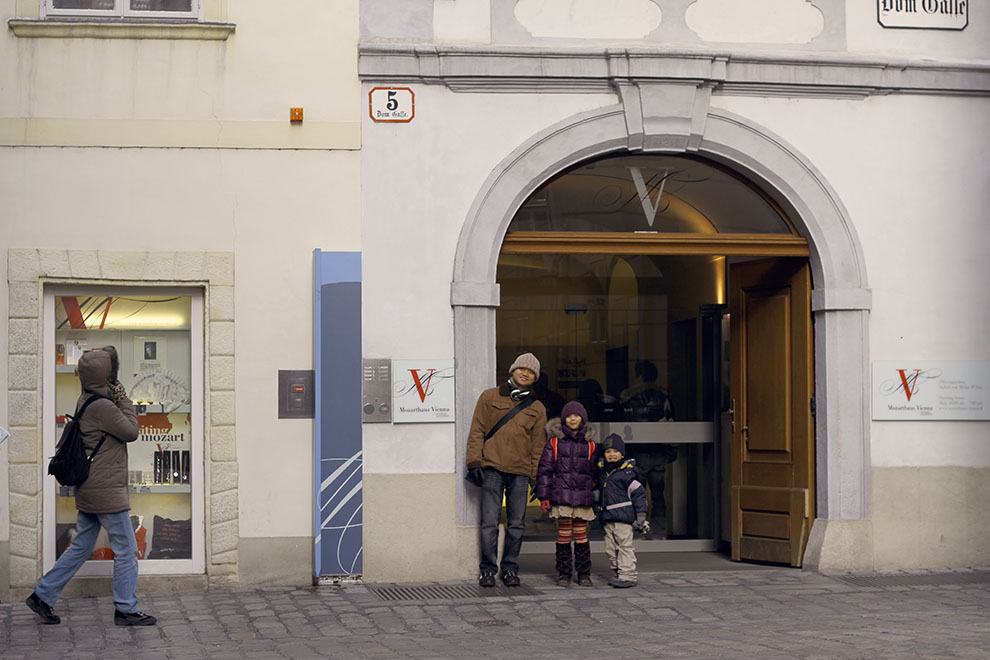
Wolfgang Amadeus Mozart (1756-1791) was a prolific and influential composer of the classical era. He was born in Salzburg, Austria, and showed remarkable musical talent from a young age. Mozart composed over 600 works across various genres, including symphonies, concertos, operas, chamber music, and choral compositions.
Mozart’s music offers musicians a wealth of knowledge and inspiration. Learning about Mozart’s compositions enhances technical skills, deepens interpretive abilities, and provides a foundation in classical music tradition. His music continues to be celebrated and performed widely, making Mozart an essential figure for musicians to study and appreciate. Vienna made sure that this is possible by establishing the Mozarthaus.
Mozart’s House, also known as Mozarthaus or Mozart’s Wohnhaus, is a historic building in Vienna, that was once the residence of the renowned composer Wolfgang Amadeus Mozart.

Table of Contents
Location
Mozarthaus is located in Vienna’s historic city center, specifically at Domgasse 5. The building is situated near St. Stephen’s Cathedral and is easily accessible to visitors. Taking photographs is not allowed, that’s why you only see pictures of the entrance and the shop here.
History
Mozart and his family lived in Mozarthaus from 1784 to 1787. The building itself dates back to the 17th century and is an example of typical Viennese architecture from that era. It was here that Mozart composed many of his famous works, including “The Marriage of Figaro” and “Don Giovanni.”
Museum
Today, Mozarthaus serves as a museum dedicated to the life and works of Wolfgang Amadeus Mozart. The museum offers a fascinating glimpse into Mozart’s personal and professional life during his time in Vienna. It features exhibition rooms spread across several floors, providing visitors with an immersive experience.

Exhibits
The museum’s exhibits include original documents, letters, manuscripts, and personal belongings of Mozart and his family. Visitors can see replicas of instruments that Mozart played, including a fortepiano, as well as his own violin. The displays provide insights into Mozart’s compositional process, his performances, and his daily life in Vienna.
Salon and Residence
One of the highlights of Mozarthaus is the reconstructed salon, which showcases the typical style and furnishings of a Viennese bourgeois residence from the late 18th century. This room offers a sense of the social and cultural environment in which Mozart lived and interacted with his contemporaries.
Audio Guides and Multimedia
To enhance the museum experience, audio guides are available in multiple languages, providing detailed information and commentary on the exhibits. Additionally, multimedia installations throughout the museum offer interactive elements and audiovisual presentations, further immersing visitors in Mozart’s world.
Concerts and Events
Mozarthaus regularly hosts concerts and events featuring performances of Mozart’s music, chamber music, and classical compositions. These events provide an opportunity to experience the music of Mozart in a historically significant setting.
Overall, Mozarthaus in Vienna offers a captivating journey into the life and achievements of Wolfgang Amadeus Mozart. It provides a deeper understanding of his contributions to music and offers a glimpse into Vienna’s rich musical history during the late 18th century.
Why Learn from Mozart (especially musicians)

Mastery of Composition: Mozart’s compositions are considered some of the greatest in Western classical music. His works showcase exceptional craftsmanship, melodic beauty, harmonic sophistication, and structural innovation. By studying Mozart’s compositions, musicians can gain insight into compositional techniques, orchestration, counterpoint, and musical form.
Expressive Interpretation: Mozart’s music is renowned for its emotional depth and expressive qualities. His compositions demand nuanced interpretation, capturing the subtleties of dynamics, phrasing, articulation, and tempo. Musicians can learn from Mozart’s ability to convey a wide range of emotions through music, fostering their own interpretive skills.
Technical Mastery: Mozart’s music presents technical challenges across different instruments and voices. By studying his works, musicians can develop and refine their technical abilities, including dexterity, control, and musicality. Mozart’s compositions often require precise and agile execution, offering valuable opportunities for technical growth.
Balance and Clarity: Mozart’s music embodies a sense of balance, elegance, and clarity. His compositions display meticulous attention to detail, clarity of voice leading, and balanced orchestration. Studying Mozart’s works can help musicians cultivate precision, clarity, and a refined sense of balance in their own playing or composing.
Musical Form and Structure: Mozart’s compositions demonstrate a deep understanding of musical form and structure. His symphonies, sonatas, and operas exemplify the classical forms of the time, such as sonata form, rondo, and theme and variations. Musicians can learn from Mozart’s mastery of musical architecture and develop their ability to navigate and shape musical structures effectively.
Historical Significance: Mozart is one of the most significant composers in Western music history. His contributions to the classical style, his influence on subsequent composers, and his impact on music during his lifetime are invaluable to understand. By studying Mozart, musicians gain a broader perspective on the evolution of music and its cultural context.
How to Get to Mozarthaus
Mozartahus is at Domgasse 5, 1010 – The museum is located a few steps behind St. Stephan’s Cathedral. Walk takes about 3 minutes from the front of the Cathedral and onto the side street, Schulerstrasse. It is also very near the Stubentor (U3) station, and can only take a 4-minute walk through Wollzeile and Schulerstrasse.
Open 10 am to 6 pm (last admission 5.30 pm)
*Taking photos inside the museum is not allowed.
Prices
| regular | € 12 |
| reduced (students and seniors, Vienna City Card) | € 10 |
| groups | € 9 |
| children and teenagers up to 19 years | € 4,50 |
| family ticket (2 adults + up to 3 children) | € 25 |
| students under 15 in school groups | € 2,50 |
| students under 19 in school groups | € 4,50 |
Prices include the audioguide for adults and children available in different languages. Call or check the website for other details: phone: +43 1 512 17 91 / www.mozarthausvienna.at
--------------------------Book your Vienna stay here!--------------------------
